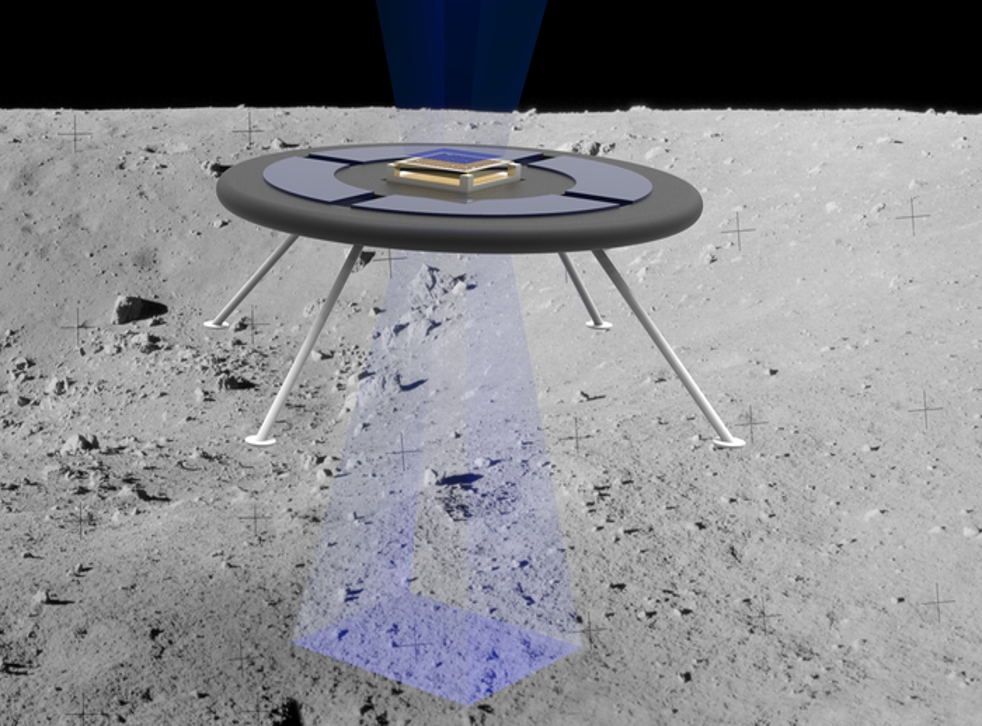The Atlantic Meridional Overturning Circulation (AMOC), often referred to as Earth’s strongest ocean current, is experiencing a significant slowdown, and the potential consequences are alarming. This vast system, driven by differences in water temperature and salinity, acts as a global conveyor belt, transporting warm surface water from the tropics northward and cold, dense water southward.
Recent scientific studies indicate a weakening of the AMOC, a trend that’s raising serious concerns among climate scientists. This slowdown isn’t a minor fluctuation—it marks a fundamental shift in ocean circulation.
What’s Causing the Slowdown?
The primary culprit is climate change. Increased global temperatures are causing the melting of Arctic ice and increased freshwater runoff from Greenland. This influx of fresh water disrupts the delicate balance of salinity and density that drives the AMOC. Fresher, less dense water struggles to sink, disrupting the circulation.
How Could This Impact the Planet?
A weakened AMOC could trigger a cascade of devastating effects:
-
Altered Weather Patterns: Europe and North America could experience significant cooling, particularly in the North Atlantic region, leading to harsher winters and more frequent extreme weather events. Conversely, other regions might experience intensified heatwaves.
-
Sea Level Rise: A slowing AMOC could lead to accelerated sea level rise along the East Coast of North America.
-
Disrupted Marine Ecosystems: Changes in ocean circulation could affect nutrient distribution, impacting marine life and fisheries.
-
Shifted Monsoon Patterns: The AMOC’s influence extends to global weather patterns, and a slowdown could disrupt monsoon systems in regions like Africa and Asia, impacting agriculture and water resources.
-
Further Climate Feedback Loops: A weakened AMOC could potentially trigger other climate feedback loops, accelerating the rate of global warming.
While the exact timeline and magnitude of these impacts are still being investigated, the scientific consensus is clear: the AMOC’s slowdown is a serious development that demands urgent attention. Addressing climate change is crucial to preventing the worst consequences of an AMOC collapse.







